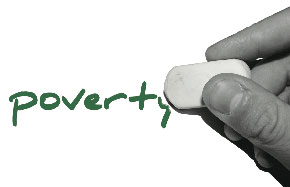Online sales of table salt to be phased out
Online sales of table salt are likely to be phased out in China.
Taobao, China's largest online trading platform, notified its sellers on Feb 20 not to sell the salt, with the measure taking effect on Tuesday.
The notice said vendors need a license issued by local salt industry authorities to sell table salt. As most online vendors do not have the license, the notice recommended them to stop selling salt products.
In China, salt sellers need to apply for a license from salt management authorities, no matter whether they are trading online or through brick-and-mortar shops.
Media reports said that many vendors on Taobao have complied with the ban.
But a search for table salt on the site still leads to plenty of suppliers, offering a variety of salt, such as low-sodium salt for diabetes sufferers, and non-iodized salt for patients with hyperthyroidism.
Some vendors said they can find a way around the ban. A customer can click on "beauty salt", and receive table salt instead after reaching an agreement with the vendor.
Table salt is no longer sold on other leading online shopping platforms, including Dangdang, 360buy and Yihaodian.
Table salt available in China is mostly iodized. The ban on online sales of table salt may have little impact on the majority of consumers, but will cause a headache for those who need alternative table salt, such as non-iodized or low-sodium salt, because of their health conditions.
Womai.com, a food retail site under China Oil and Food Corporation, still offers five kinds of table salt at around 2 yuan (32 cents) per 300-400 gram pack.
A similar ban on online sales of table salt was introduced after Japan's Fukushima nuclear power plant disaster in March 2011.
The crisis triggered panic buying of salt in China and record-high sales of salt on Taobao, amid a popular misconception that iodized salt consumption could prevent harm from radiation.
As a result, China National Salt Industry Corp asked Taobao to stop selling salt, amid concerns that online sales could disrupt the market. The company called for rational purchases from the public and guaranteed abundant salt supplies at a stable price.
Taobao responded in a statement on March 17, 2011, saying that vendors were removing table salt from their "online shelves".

























